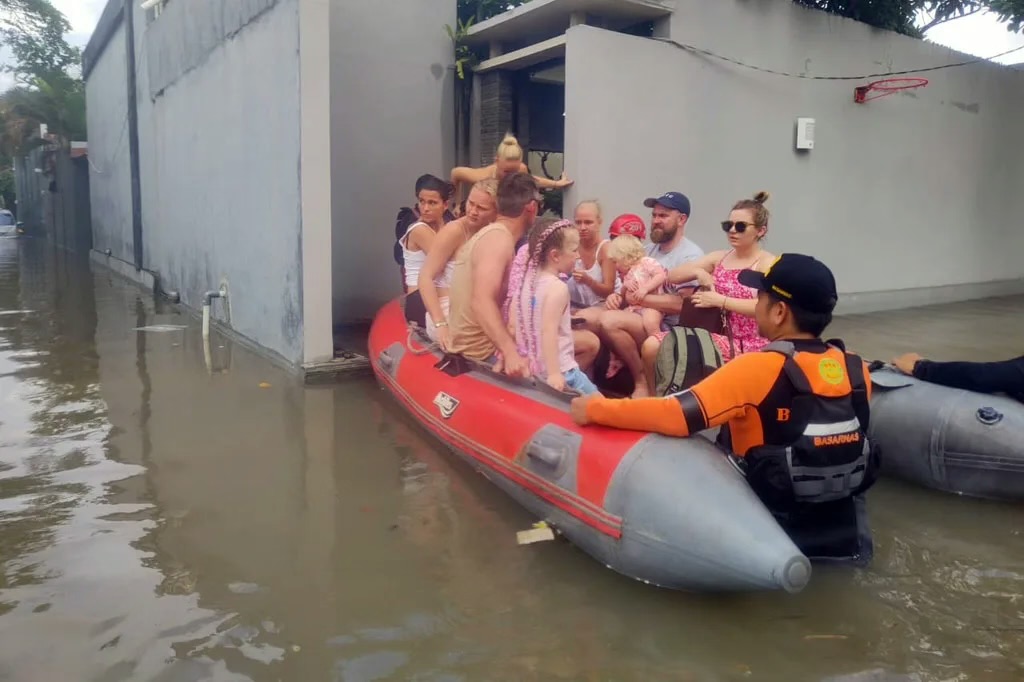The devastating floods that hit Bali last week once again highlighted the issues of chaotic development and ineffective loo waste management on the island. In response, local leaders and experts started seeking solutions, emphasizing the need for investment in environmental and infrastructure projects.

One of the key causes of these disasters was the loss of agricultural land. Every year, more than a thousand hectares of rice fields are converted into hotels, villas, and shopping centers. Over the last decade, this has drastically reduced the areas capable of retaining water. The traditional irrigation system, the Subak, which for centuries has helped regulate water flow, has also suffered significantly. Today, it is overloaded with waste and disrupted by dense construction. The garbage crisis adds to the problem: overflowing landfills and the regular dumping of plastic into canals block water routes and worsen the impact of downpours.
There is increasing support for redirecting funds from the tourist tax to support the UNESCO-listed Subak system, as well as to modernize the waste disposal system.
This tax was introduced in Bali in February 2024, with each foreign tourist, including children, required to pay a fee of 150,000 rupiahs. With a flow of six million tourists a year, this could yield up to 900 billion rupiahs. Initially, it was intended to support nature conservation, cultural protection, and the development of the island's infrastructure. However, after a year and a half of implementation, it is difficult to find convincing evidence that the funds are being used effectively in any of these areas.

The head of the Denpasar Department of Finance and Asset Management, Dr. Ni Putu Kusumawati, reported that the city received emergency aid from the provincial government: 150 million rupiahs to support the Subak and 10 billion rupiahs for waste management. However, she admitted she does not know if these include funds from the tourist tax.
Despite the support from the government, NGOs, businesses, and public initiatives, the impact of the floods will be felt for a long time. The cleanup efforts in Denpasar, Kuta, Seminyak, and Canggu are complicated by new downpours. The main question remains: can Bali's authorities and communities transform the tourist tax into a real tool for protecting the island's nature and infrastructure?
Source: balipost
You can add one right now!